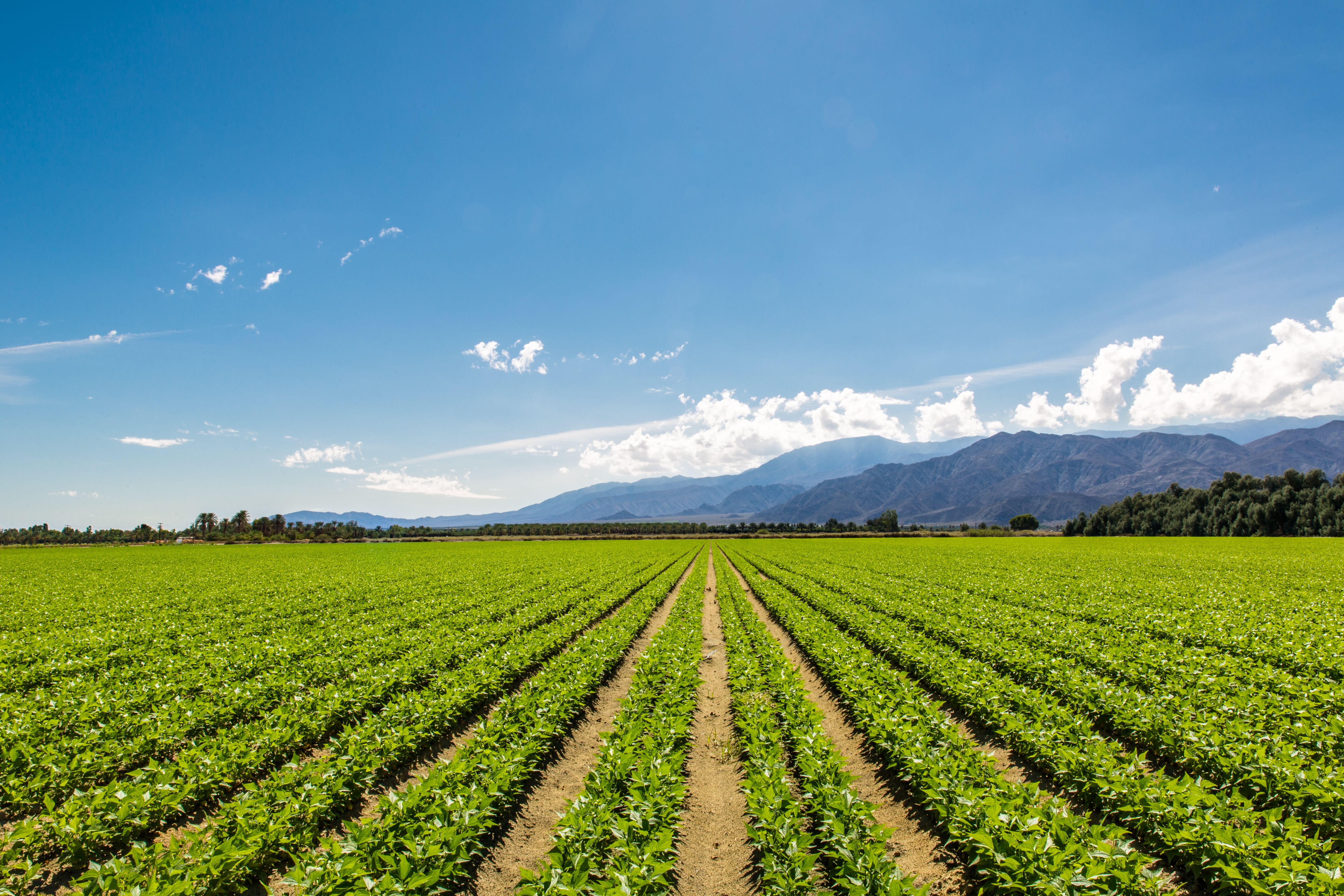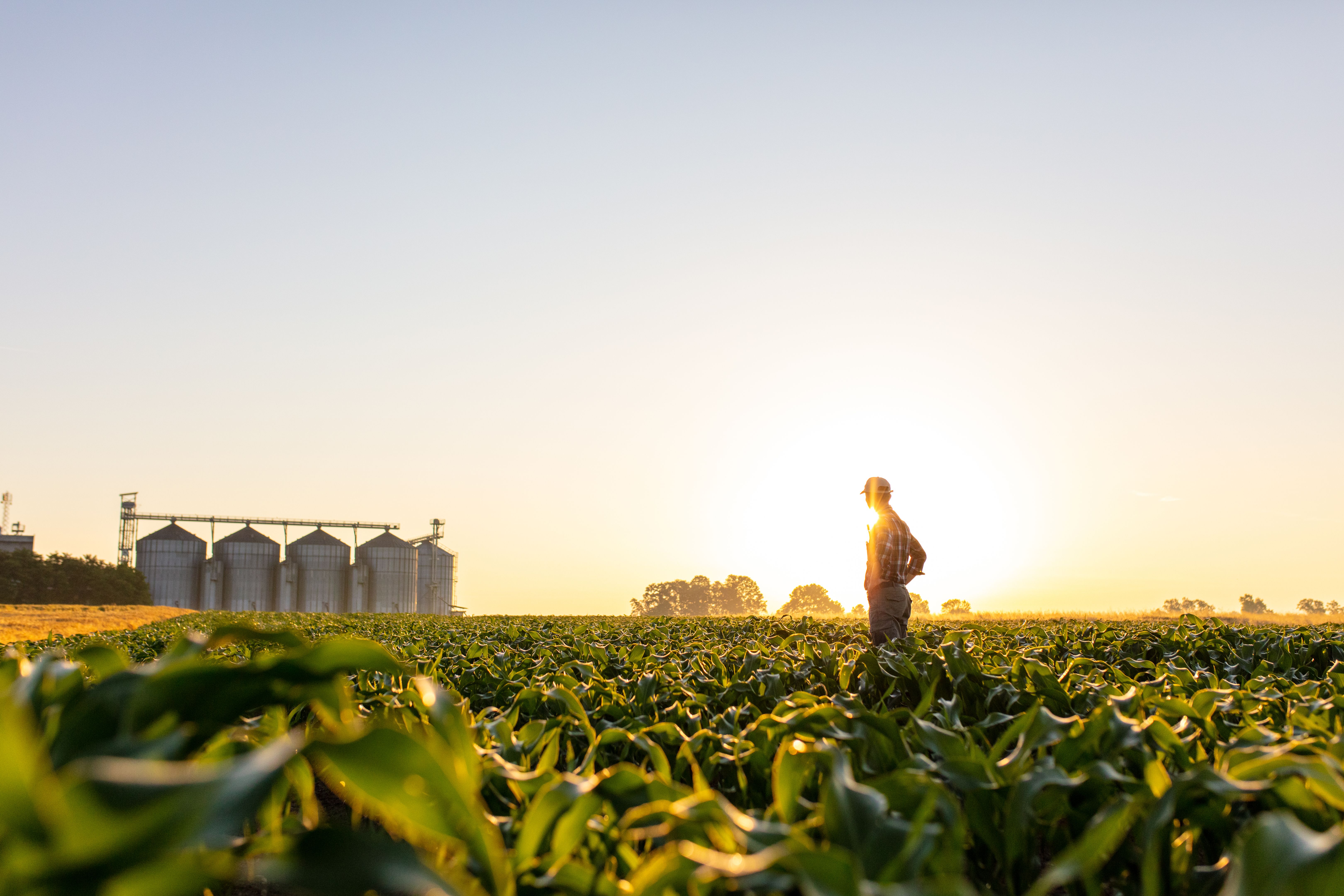The Impact of Organic Product Demand on US Agriculture
Understanding the Rise in Organic Product Demand
Over the past few decades, the demand for organic products has seen a significant surge in the United States. This shift is driven by increasing consumer awareness about the health and environmental benefits of organic farming practices. More people are prioritizing products free from synthetic pesticides and genetically modified organisms (GMOs), opting for foods they believe are safer and more sustainable.

The Economic Impact on US Agriculture
The growing demand for organic products has had a profound impact on US agriculture, influencing both production practices and economic structures. Farmers who once relied heavily on conventional farming methods are now transitioning to organic farming to capitalize on this trend. This shift often requires an initial investment in new farming techniques and certifications, but it can lead to higher profit margins due to premium pricing of organic goods.
Moreover, the organic sector has become one of the fastest-growing segments in US agriculture. According to recent studies, organic food sales have been increasing by double digits annually, far outpacing the growth rate of conventional food sales. This growth provides a lucrative opportunity for farmers willing to adapt to meet this demand.
Challenges in Transitioning to Organic Farming
While the benefits are clear, transitioning to organic farming is not without its challenges. Farmers must navigate a complex certification process that can be costly and time-consuming. Additionally, organic farming often involves more labor-intensive practices, such as crop rotation and natural pest management, which may require additional training and resources.

Environmental Benefits of Organic Farming
Organic farming practices are designed to promote ecological balance and biodiversity. By avoiding synthetic chemicals and fertilizers, these methods help maintain soil health and reduce pollution in waterways. Furthermore, organic farms tend to support a greater diversity of plants and wildlife, contributing positively to the ecosystem.
Studies have shown that organic farms can help combat climate change by sequestering more carbon in the soil compared to conventional farms. This is achieved through practices like cover cropping and reduced tillage that enhance soil structure and increase its carbon storage capacity.
The Role of Policy and Support
Government policies and programs play a crucial role in supporting farmers during their transition to organic farming. Initiatives such as financial incentives, subsidies, and educational resources can help ease the burden of conversion and encourage more farmers to adopt sustainable practices. In recent years, there has been an increase in policy support aimed at promoting organic agriculture as part of broader sustainability goals.

The Future of Organic Agriculture in the US
As consumer interest in organic products continues to grow, the future of US agriculture appears increasingly intertwined with sustainable farming practices. The ongoing expansion of organic farmland suggests that more farmers are recognizing the long-term benefits of going organic. Additionally, advancements in technology and research are making it easier for farmers to adopt efficient and productive organic practices.
Looking ahead, it is likely that the demand for organic products will continue to rise, driven by a combination of health-conscious consumers and heightened environmental awareness. This trend presents an opportunity for innovation within the agricultural sector, paving the way for a more sustainable future.